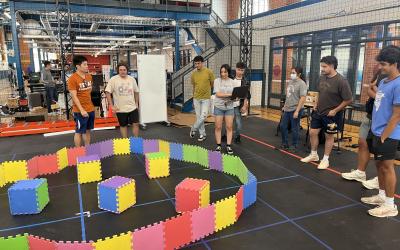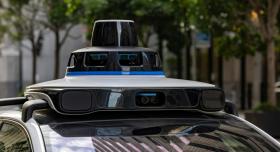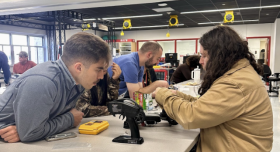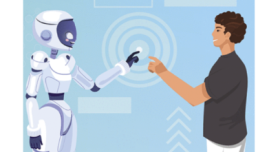Welcome to the Center for Autonomy
The Center for Autonomy brings together several research groups that address fundamental challenges in developing autonomous systems through contributions in controls, machine learning, game theory, information theory, and formal methods. Its primary objective is to create a unified front in attracting the best researchers to UT Austin and empowering them to solve the pressing problems toward developing autonomous systems that can make a net positive impact.
Upcoming Events
News
Research Projects
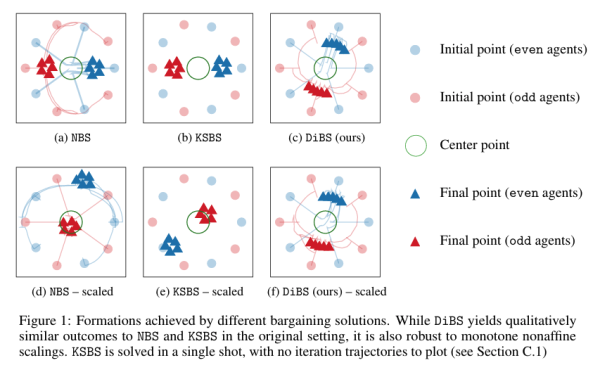
Cooperative Bargaining Games Without Utilities: Mediated Solutions from Direction Oracles
We introduced a bargaining method that uses agents’ preferred directions rather than utility values.
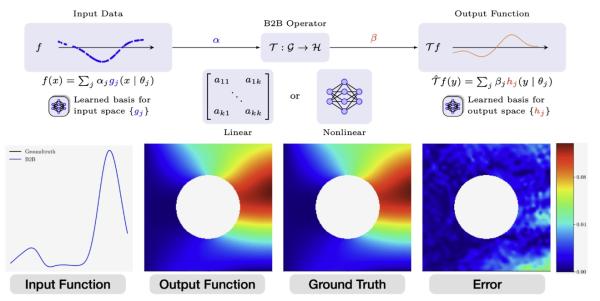
Basis-to-Basis Operator Learning Using Function Encoders
Operator learning is a new frontier in computational learning-based approaches for autonomy that enables us to work directly with function-to-function mappings.

Chishiki.ai: An integrated community of Computational Infrastructure professionals (CIPs) across AI and CEE sectors
The Chishiki project adopts four key strategies to build a sustainable, diverse, and integrated community of CI professionals for AI in CEE.
Outreach Events
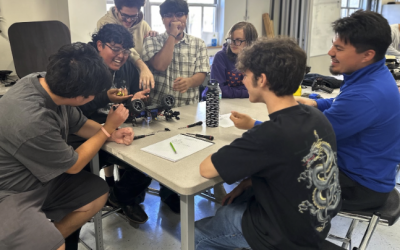
Center for Autonomy Strengthens Outreach Initiatives
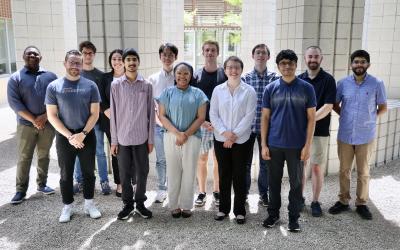
Robotics, AI and Programming: The Center for Autonomy Summer Research Internship Programs
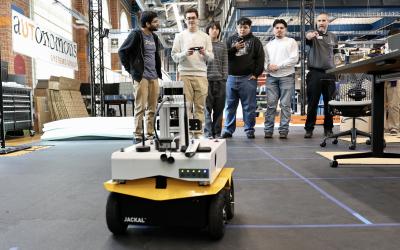
Local High School Students Gain Hands-On Experience Through Robotics Tour
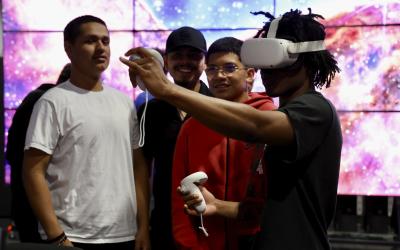
Learning Together: Del Valle Juniors and Seniors Visit UT
